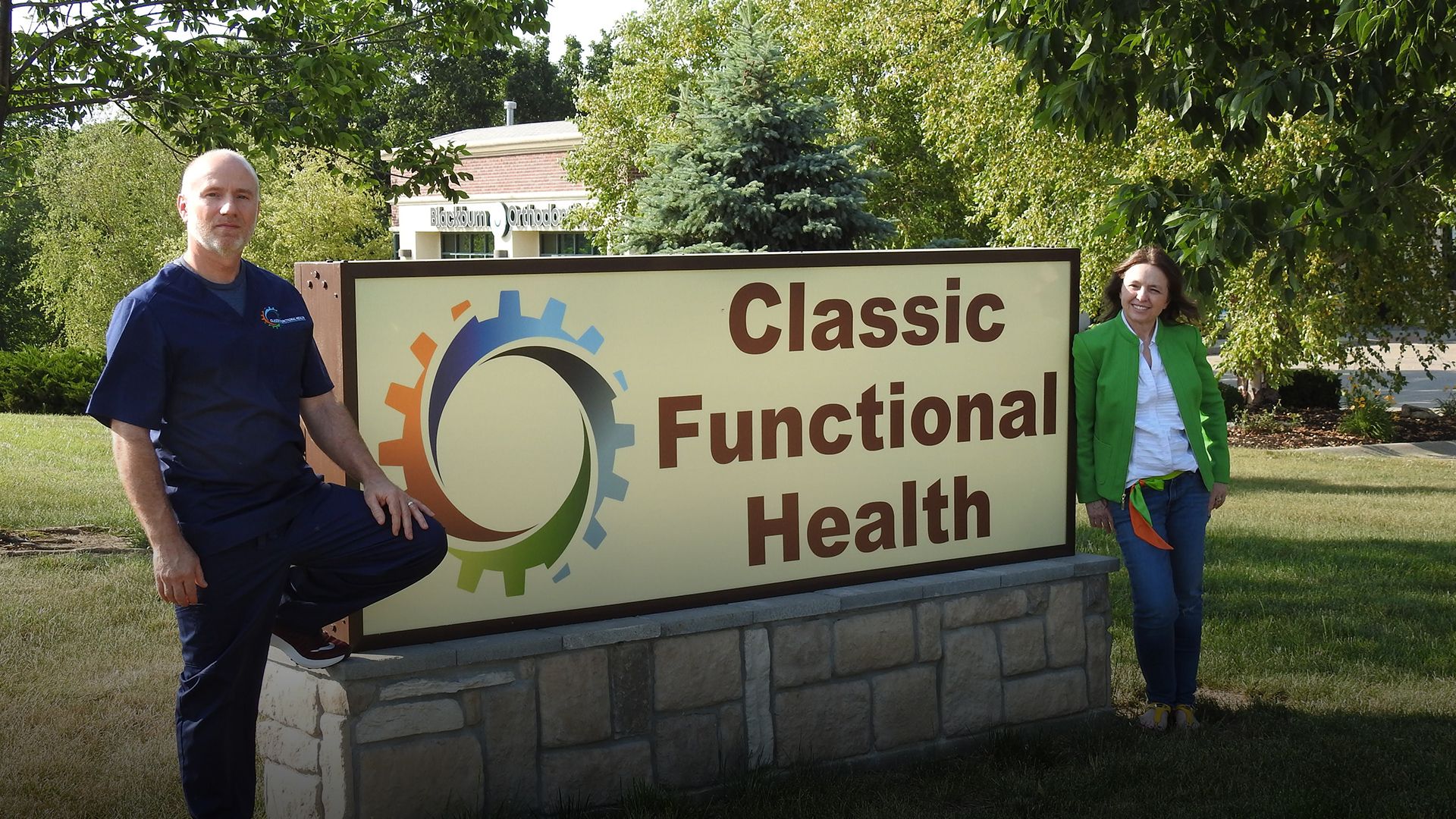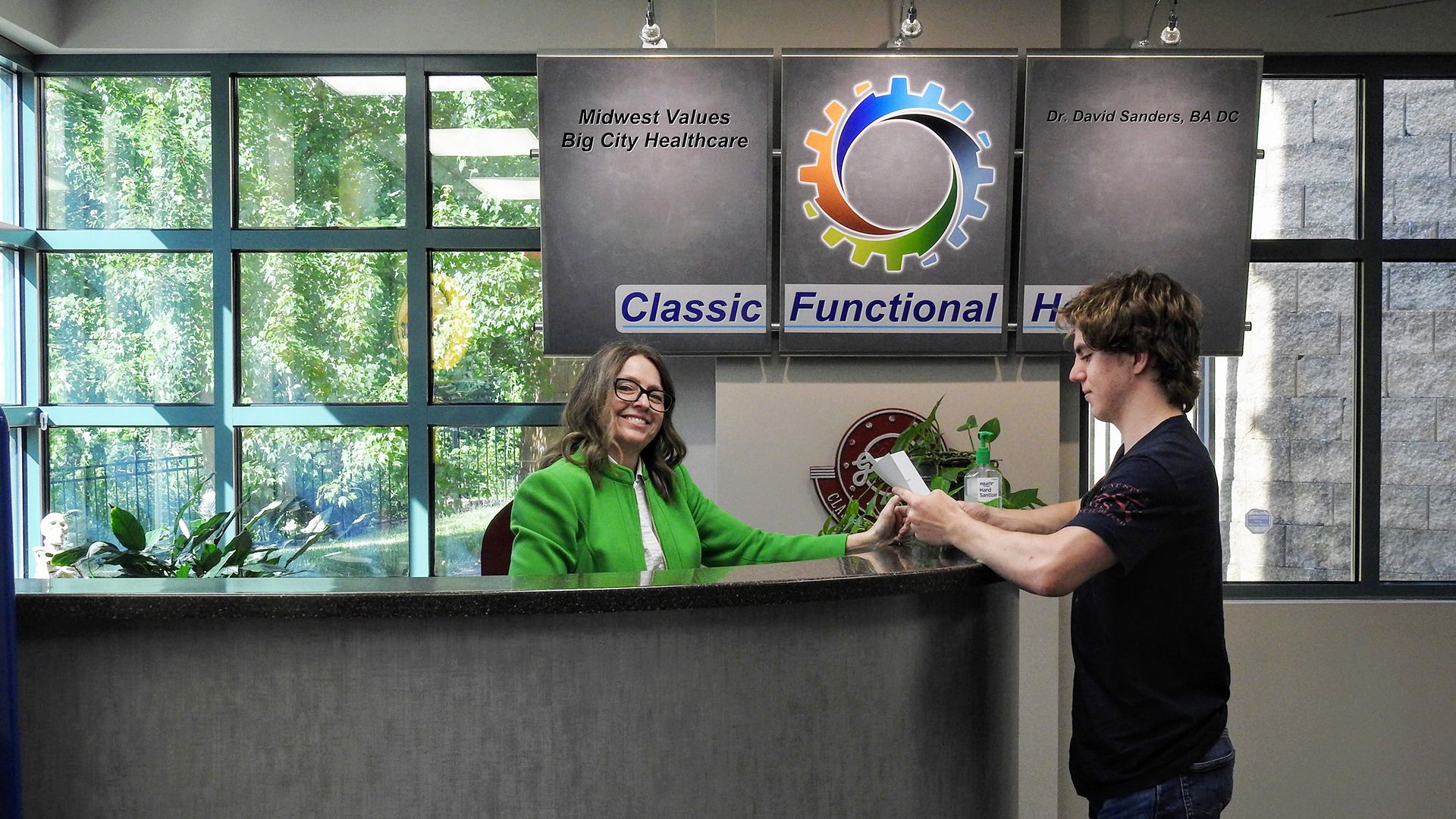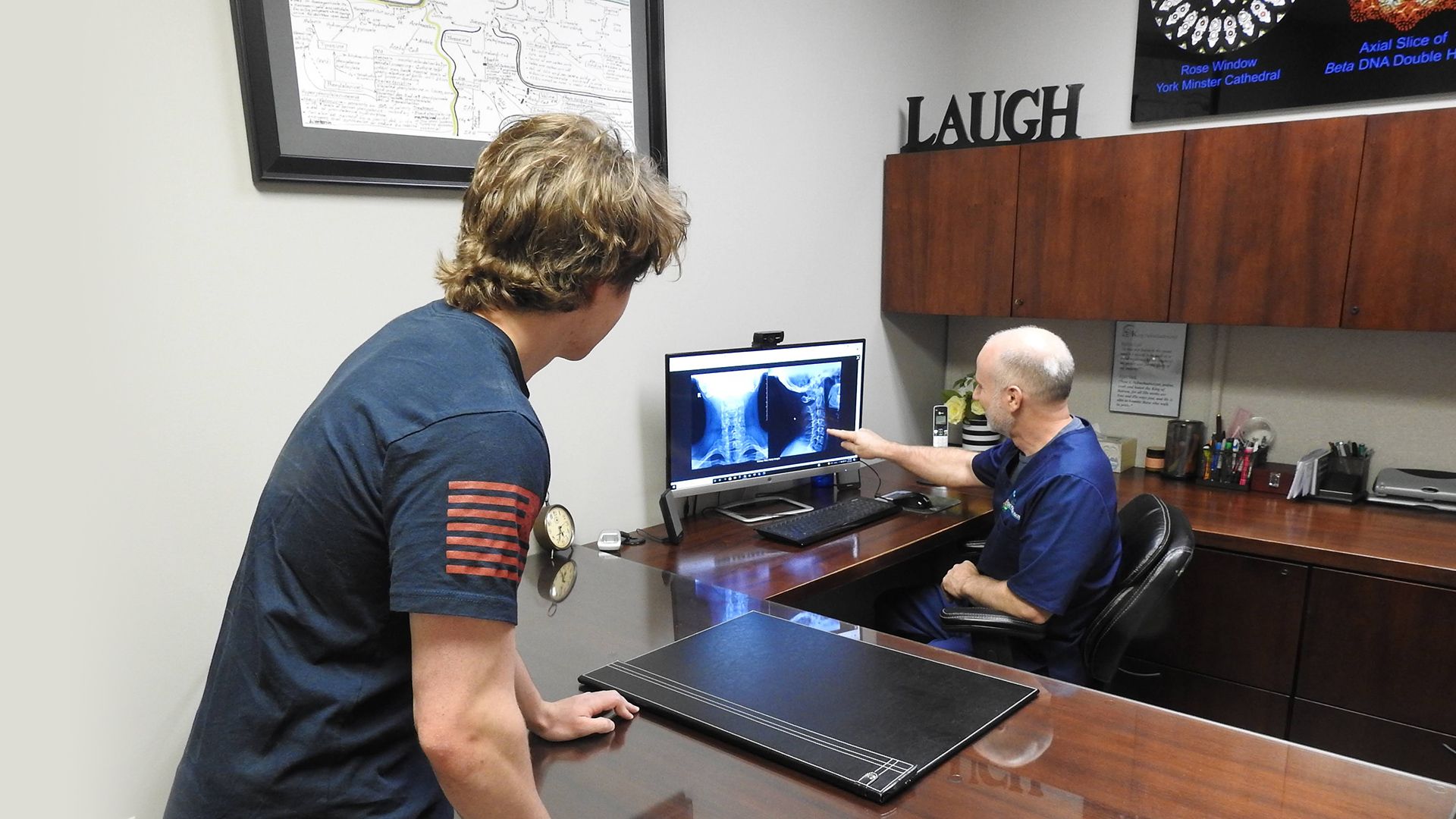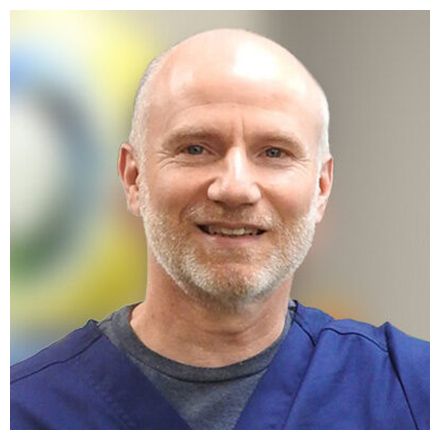Chiropractic works by making carefully placed adjustments to realign your spine. These adjustments allow the muscle tissues to properly support the spine and vital neurological processes that occur within it. When the spine is able to function without interference, the body is better able to facilitate healing, thereby relieving pain and restoring health in a variety of ways.
WELCOME TO
Classic Functional Health
If you are in search of a chiropractor in Independence, it makes sense to choose an experienced doctor you can trust. Our comprehensive approach at Classic Functional Health in Independence MO ensures that we give you the best opportunity to achieve health.
Rest assured, you will be in good hands with the chiropractic team at Classic Functional Health. If you have any questions, feel free to contact our team in Independence. We are here to help you achieve your health goals.















